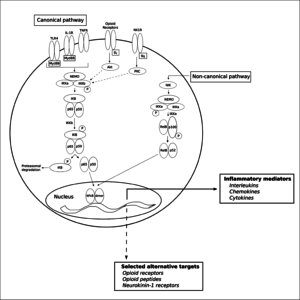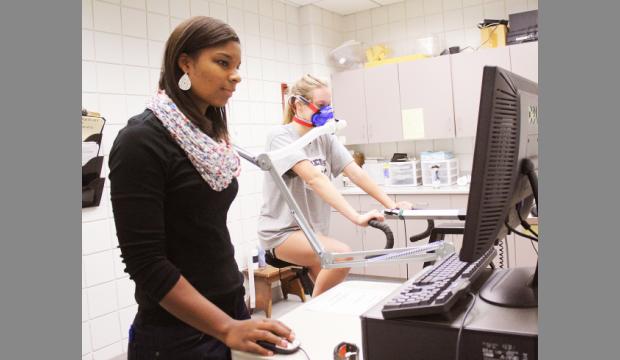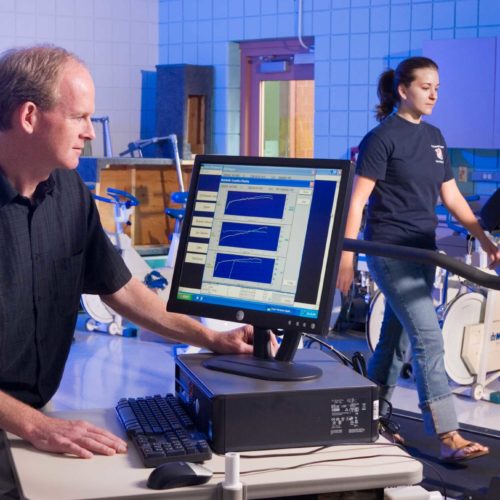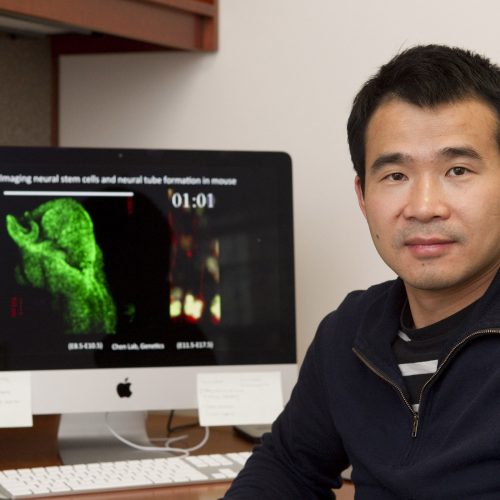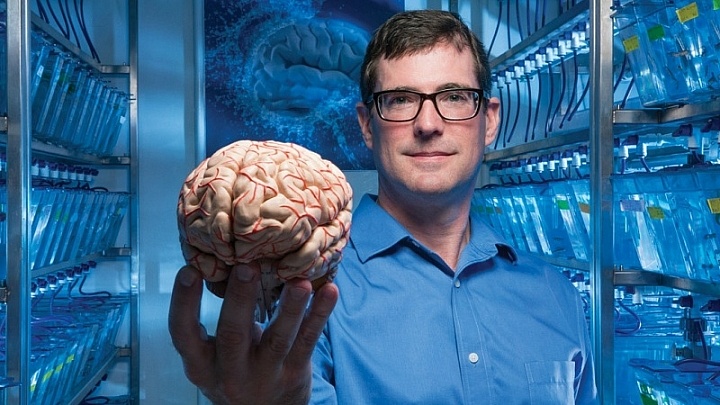Nu Rho Psi UGA Chapter welcomed new members, Elizabeth Bogue, Leah Caplan, Branson Byers, Lillie Tien, Michelle Sequeira, Camila Ortiz, Lauren Noblitt, and Olivia Treston, on May 4, 2016.
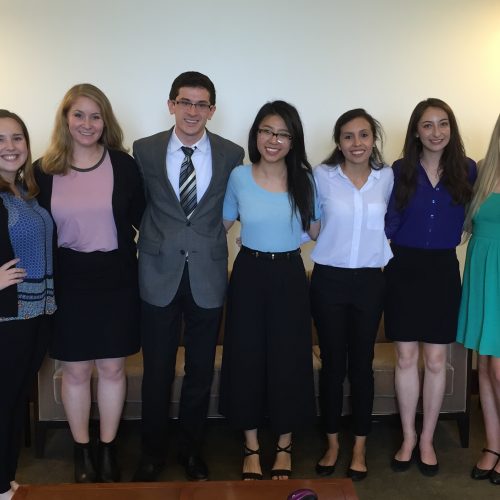
Nu Rho Psi membership provides recognition of verified academic excellence in the interdisciplinary field of neuroscience. Membership is by invitation and is open to undergraduate and graduate students who are making the study of Neuroscience one of their major interests and who meet the other academic qualifications. Students who become members of Nu Rho Psi are selected based on their superior scholarly accomplishments as well as their excellent work in the laboratory.
The official mission and purpose of Nu Rho Psi is to: (1) encourage professional interest and excellence in scholarship, particularly in Neuroscience; (2) award recognition to students who have achieved such excellence in scholarship; (3) advance the discipline of Neuroscience; (4) encourage intellectual and social interaction between students, faculty, and professionals in Neuroscience and related fields; (5) promote career development in Neuroscience and related fields; (6) increase public awareness of Neuroscience and its benefits for the individual and society; and, (7) encourage service to the community. Prominent honorary members include Dr. Larry Squire (University of California – San Diego), Dr. Robert Sapolsky (Stanford University) and His Holiness, the 14th Dalai Lama of Tibet.
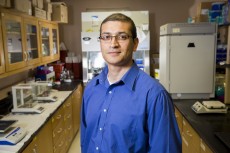 or TBIs.
or TBIs.
